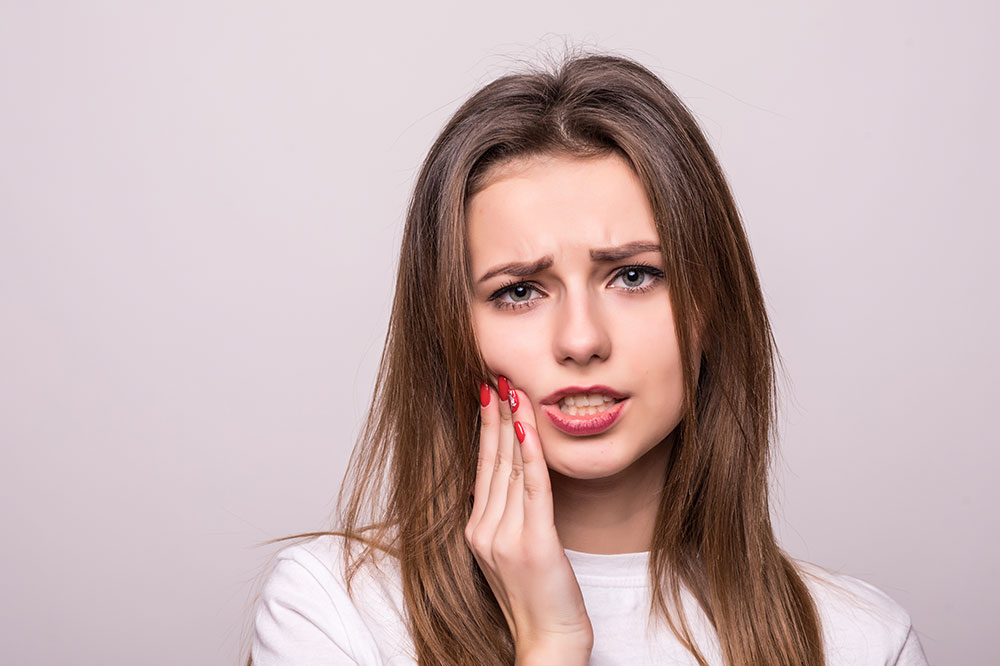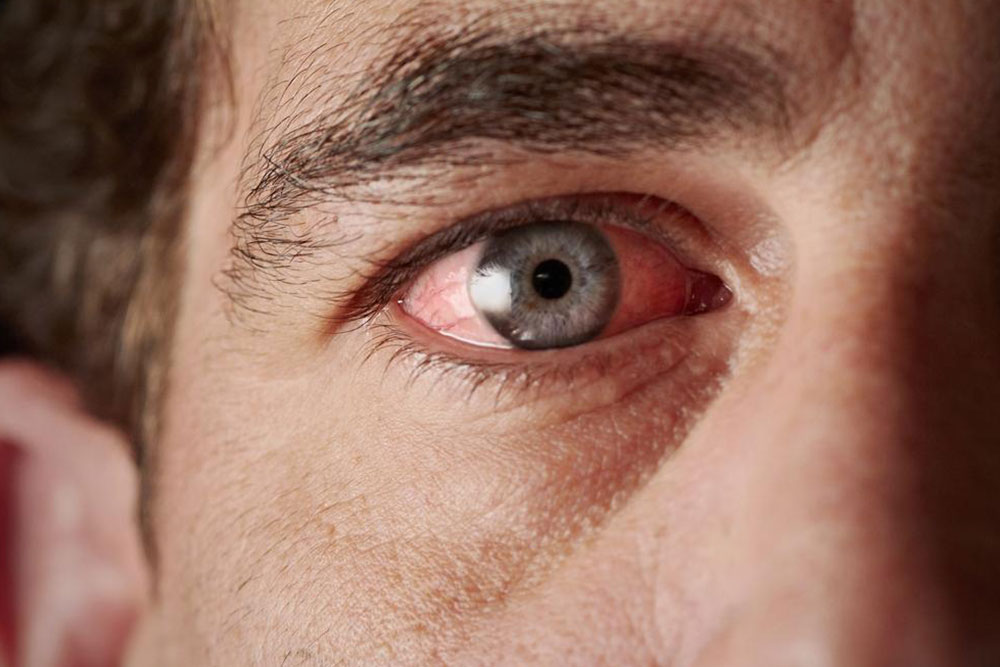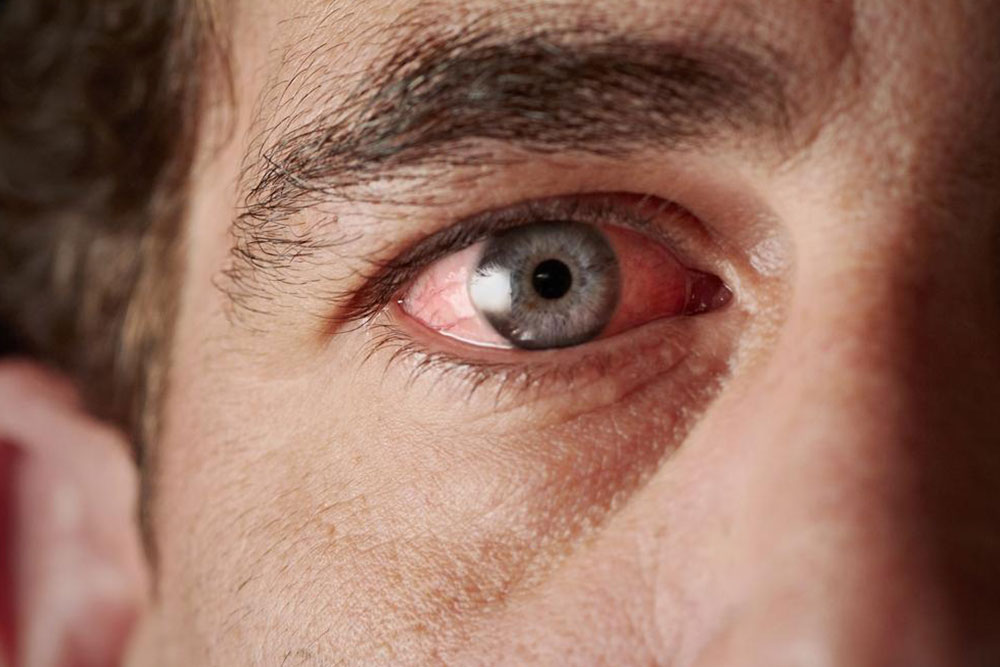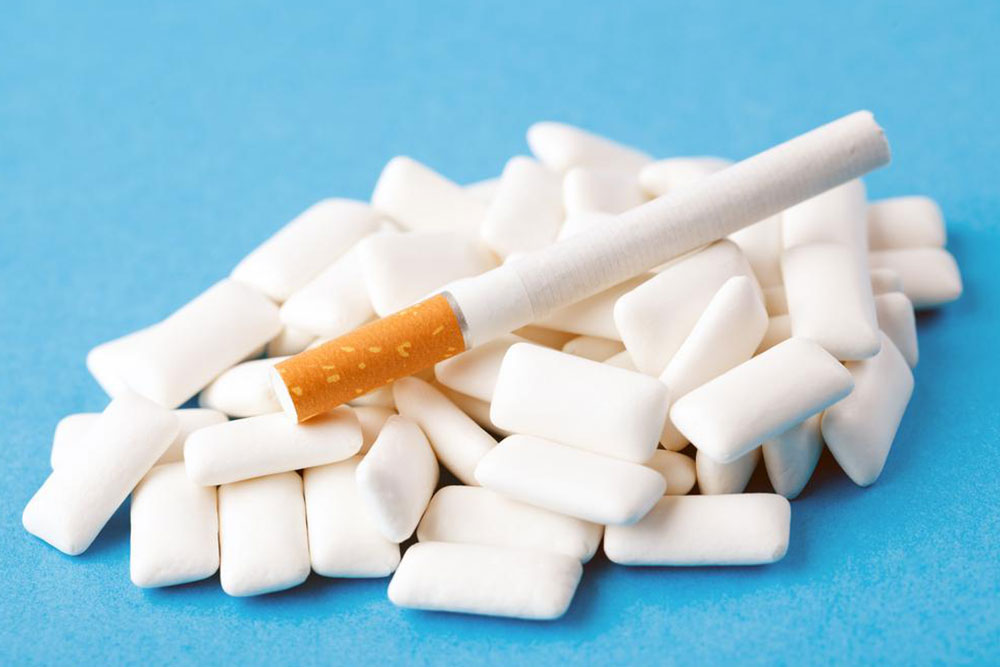Comprehensive Oral Care Tips for Seniors to Maintain Healthy Teeth and Gums
This comprehensive guide offers essential oral health tips for seniors, highlighting age-related dental issues like dry mouth, cavities, and gum disease. By adhering to effective dental practices such as regular brushing, flossing, hydration, and routine dental visits, older adults can preserve their natural teeth longer and prevent serious health complications. Maintaining good oral hygiene not only ensures a bright smile but also supports overall health, especially given the link between oral conditions and systemic diseases like heart disease and strokes. Prioritize your dental health in aging with these expert-recommended strategies.

Comprehensive Oral Care Tips for Seniors to Maintain Healthy Teeth and Gums
As people age, maintaining good oral health becomes increasingly important to preserve overall well-being and quality of life. With advancements in dental care technology and increased awareness about oral hygiene, many older adults are now able to keep their natural teeth well into their senior years. However, aging also introduces new dental challenges that require targeted strategies to manage effectively. Understanding common age-related dental issues, their causes, symptoms, and prevention methods can significantly improve oral health outcomes for seniors. Additionally, poor oral health has been linked to systemic health problems, such as strokes, heart disease, diabetes, and respiratory infections, making it crucial to prioritize regular dental care.
Understanding the Major Dental Concerns in Seniors and How to Maintain Optimal Oral Health After 60:
Dry Mouth (Xerostomia) – This condition is prevalent among older adults and is often caused by the natural aging process or the side effects of certain medications. A dry mouth results when salivary glands produce less saliva, leading to a decreased ability to neutralize acids, fight bacteria, and keep the oral tissues moist. This condition can cause difficulties in speaking, eating, and swallowing, and increases the risk of developing tooth decay and gum disease.
Cavities and Tooth Decay – Aging can cause gums to recede, exposing the tooth roots which lack the protective enamel present on the crowns. These exposed roots are more vulnerable to acids and bacteria, leading to an increased risk of cavities and decay. Without proper enamel protection, the structural integrity of the teeth can weaken over time, resulting in more frequent dental repairs and possible tooth loss.
Gum Disease (Periodontal Disease) – Chronic plaque build-up along the gum line can lead to gum infections, swelling, and bleeding. For seniors, systemic health issues such as diabetes, osteoporosis, and other chronic conditions can exacerbate gum disease, making it more difficult to control and treat. Left untreated, gum disease can cause alveolar bone loss, tooth mobility, and eventual tooth loss.
Tooth Loss – Persistent gum disease and untreated cavities often lead to the loss of teeth, which can affect speech, nutrition, and self-confidence. The importance of early intervention and regular dental visits cannot be overstated in preventing tooth loss in seniors.
Reduced Taste Sensation and Oral Discomfort – Aging can diminish taste buds' sensitivity, partly due to dental problems, ill-fitting dentures, or dry mouth. This reduction in taste can impact appetite and nutrition, highlighting the importance of maintaining healthy teeth and gums.
Proper oral hygiene practices, combined with mindful lifestyle choices, are essential for addressing these concerns and fostering long-term oral health in seniors. Prevention and early intervention are the most effective tools to combat age-related dental issues.
Essential Dental Care Practices for Seniors
Stay Adequately Hydrated (Combat Dry Mouth) – Seniors tend to drink less water due to decreased thirst sensation or frequent trips to the bathroom. Proper hydration is fundamental for saliva production, which plays a critical role in protecting teeth and oral tissues. Drinking plenty of water, including sugar-free gum and lozenges, can stimulate saliva flow. Reducing intake of caffeine and alcohol, which can dry out the mouth, is also recommended. Consult your healthcare provider for personalized advice on hydration based on your health status.
Maintain Consistent Oral Hygiene – Brushing twice daily with fluoride toothpaste and flossing once a day remain cornerstone practices for oral health. For seniors with limited dexterity, using electric toothbrushes or flossing aids can make routine cleaning easier and more effective. Regular removal of plaque prevents the formation of tartar, which is a precursor to gum disease and cavities.
Utilize Fluoride-Enhanced Products – Fluoride strengthens dental enamel and helps remineralize early cavity sites. Switching to fluoride-rich toothpastes or rinses provides additional protection, especially for those with increased cavity risk due to receding gums or dry mouth.
Limit Sugar and Acidic Food and Beverages – Minimizing the consumption of sugary snacks, candies, and acidic drinks like soda and fruit juices significantly reduces the risk of decay and enamel erosion. Opting for healthier alternatives, such as fresh fruits and vegetables, contributes to overall health and dental resilience.
Schedule Routine Dental Checkups and Professional Cleanings – Regular dental visits—preferably every six months or as recommended—are vital for early detection of potential issues. Professional cleanings remove stubborn plaque and tartar that are difficult to eliminate at home, and your dentist can monitor gum health, identify early signs of decay or disease, and suggest personalized care strategies.
Beyond these practices, adopting a comprehensive approach that incorporates good nutrition, smoking cessation, and management of systemic health conditions will foster better oral health outcomes in seniors. The goal is to maintain a healthy, functional smile that supports overall well-being and enhances quality of life well into old age.





